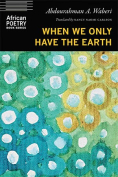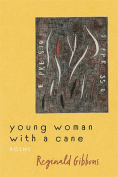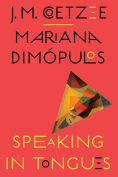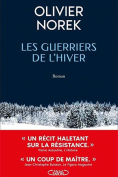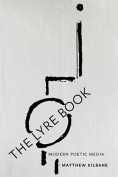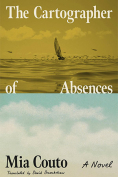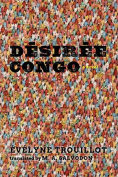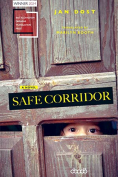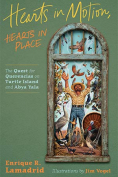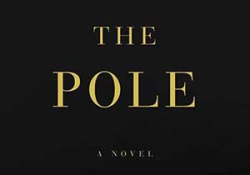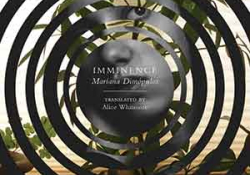Speaking in Tongues by J. M. Coetzee & Mariana Dimópulos
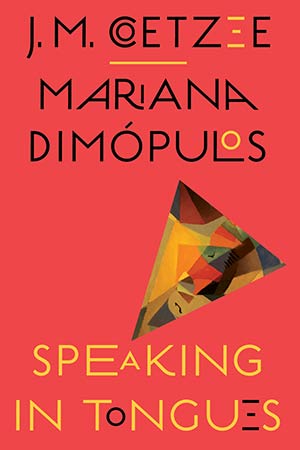
New York. Liveright. 2025. 144 pages.
There is no word for the color blue in the isiXhosa language. This is interesting but not important—for millennia, isiXhosa speakers have lived on the plains of southern Africa, under a blue sky that reflected in blue water, among animals such as the lilac-breasted roller and the common flat lizard that have striking blue colorings; its eight million speakers get by just fine without it. We move immediately beyond the why—the answer lies unknowable, before the time of Babel and the etiology of the world’s fractured languages—and onto the how. Translating into and out of isiXhosa, what does the translator do vis-à-vis blue? What is the magic word for blue that translates across global cultural understanding? Does it exist somewhere among the six thousand languages spread across Earth? South African J. M. Coetzee and Argentine Mariana Dimópulos, both novelists and translators, put their considerable minds to these questions, even if it’s a bit of an intellectual dead end. At one point, they all but admit the futility of their high-minded questions.
Speaking in Tongues is meant as a companion piece to Coetzee’s 2023 novella The Pole. Or perhaps to its Spanish-language precedent, El polaco, published in 2022 as the “original” version of the book, translated from Coetzee’s manuscript by Dimópulos into “a Spanish that sounds slightly English, that later readers would recognize as foreign but still acceptable, even graceful.” If that sounds confusing, Speaking in Tongues offers itself as part examination of that symbolically inverted process—the entire thought experiment extended from Coetzee’s increasing discomfort with the English language, in particular its global political force, in combination with its inability to express certain aspects of the world (“I wished to emphasize my personal rupture with it,” he writes)—and partly as an explanation of its own existence. The idea of an archetypal El polaco didn’t quite work out as Coetzee had intended; several publishers declined to translate from Dimópulos’s Spanish version and would only work from the English manuscript.
“I was feeling my way towards a rootless language,” Coetzee writes in his dialogue with Dimópulos, “a language divorced from any sociocultural home.” Discomfort has been a throughline of Coetzee’s work, as is an inability to draw a satisfactory seam from one’s head and heart to one’s mouth. His early career, from 1974’s Dusklands to 1994’s The Master of Petersburg, might be viewed as the author attempting to find a way to harmony through language; a search for the “secret chord” that may, having been struck, bring peace to the land. 1999’s Disgrace marked a change. The novel ruminates on the futility of words against actions and ultimately finds language is not enough of a weapon to yield on the battlefield of politics. (Particularly in light of brutality; nothing lays bare the hollowness of debating “Burned—burnt—burnt up” like actually being set on fire.) Within the interior world, however, words might still have some part to play.
Even after the allegorical politicism dropped away from his novels, Coetzee maintained his position as the center of the resistance to linguistic calcification. His subsequent works became even more ethereal, many (e.g., the Jesus trilogy) set in a slightly Hispaniolaed nether- or nonworld, where investigations into the nature of language and comprehension could be said to form the entirety of existence. His characters are no less haunted, and no less confused by the chaos around them than previously, and their attempts to reach sagacity bear the familiar academic edge. But by distilling plot to its most basic form through stripping away purpose and suspense, Coetzee experiments with what language on its own can accomplish.
Dimópulos has courted similar territory. Her novels, tinged with internationalism, examine the social distances between people created by language and culture. Speaking about her 2017 novel All My Goodbyes, translated into English by Alice Whitmore, she described language as having “a temporal shape” that compartmentalizes each person within a specific place and time. In other words, there is an individuality that acts like a kind of vocal fingerprint. That idea is expanded here by Dimópulos and Coetzee discussing the American translator Lawrence Venuti and his idea of hermeneutic translation, which leans away from word-for-word renditions and into the inimitable foreignness of a text. It is the textual equivalent of retaining one’s natural accent when speaking a foreign language. What one might lose in comprehension or fluidity is made up for in authenticity. (Venuti is also a proponent of the translator directly imposing themselves on a text, leaving their personal “stamp” on it, and rendering it as unique as the original text.)
Elsewhere, Coetzee and Dimópulos, by inferring Friedrich Hölderlin, Marcel Proust, and other linguistic philosophers, expand on the idea of translation as a vehicle for individuality through its encouragement of self-reflection via choice: What is blue? Do I know what blue is? How can I, through words, get across my notion of blue? These are questions polyglots face daily and constitute what makes them such effective communicators—it is not simply knowing the words of language but the necessity to think about the different ways in which words are received.
Of course, this personal enlargement through language can be done partly through reading texts in translation (Dimópulos notes the stark imbalance that favors the translation of English-language texts into other languages; Coetzee imputes English-speaking countries as incurious about the thoughts of the wider world) but is best done through the difficult process of learning another language and then seeking out texts on their own original ground. Not an easy task to master those six thousand languages; how lucky we are that the likes of Coetzee and Dimópulos scour the labyrinth of Babel in search of those magic words.
J. R. Patterson
Gladstone, Manitoba



